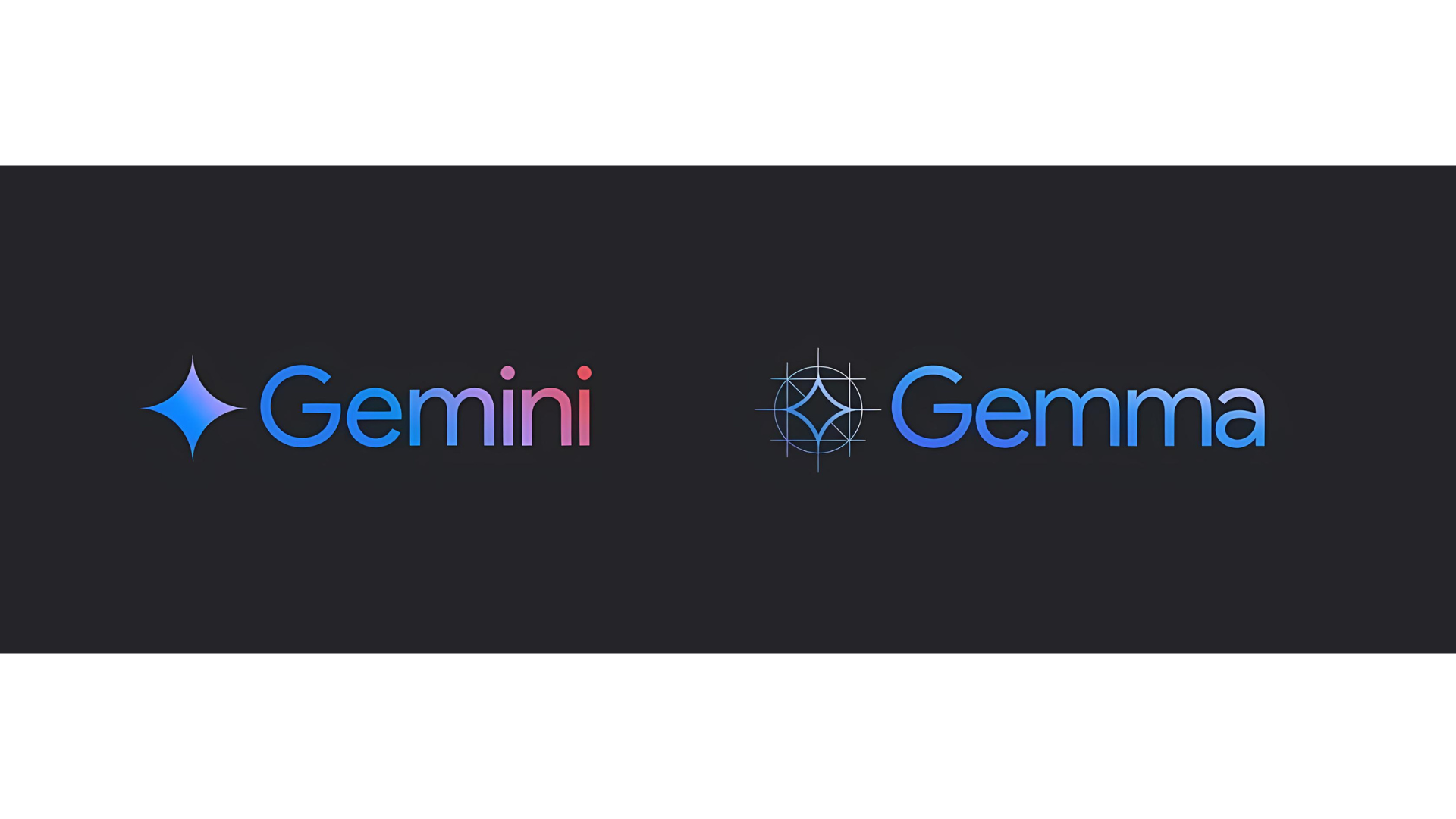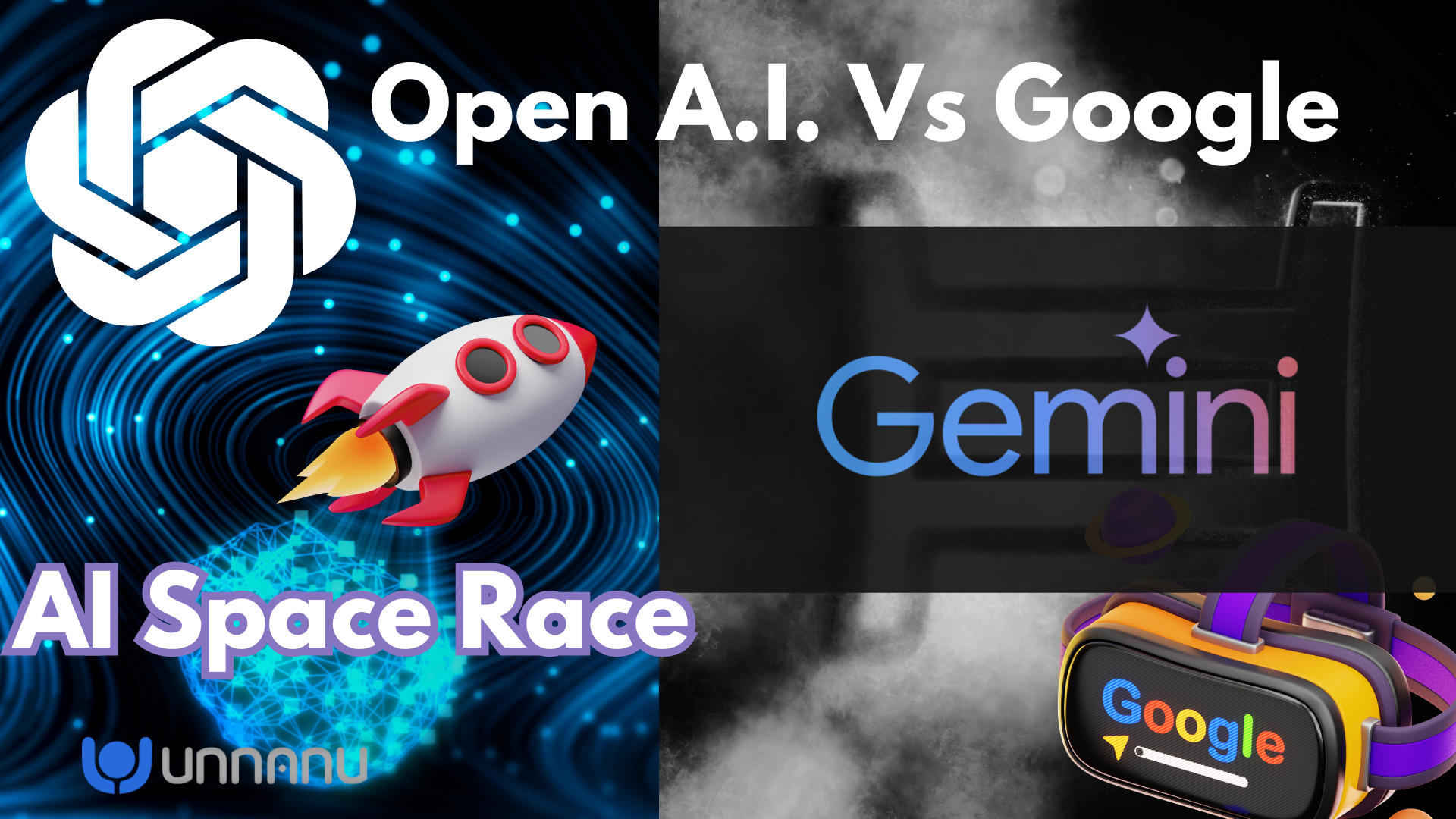Gemini vs. OpenAI: The AI Race Accelerates
In the quest to revolutionize AI, Gemini and OpenAI are constantly pushing the boundaries of what’s possible. The latest updates from the Gemini family, spearheaded by Google DeepMind, mark a significant leap forward in this ongoing competition.
Gemini’s Breakthroughs – Gemini 1.5 Flash and Project Astra
Demis Hassabis, CEO of Google DeepMind
With the launch of Gemini 1.5 Flash, the Gemini team introduces a lightweight model designed for speed and efficiency. This model joins the ranks of Gemini 1.5 Pro, which boasts a breakthrough long context window of 1 million tokens, recently extended to 2 million tokens for select users via waitlist. These innovations highlight Gemini’s commitment to enhancing AI model performance and accessibility.
Notable Gemini Updates in 2024:
1. Gemini 1.5 Flash: Optimized for high-frequency tasks, this model is more cost-effective and maintains high-quality performance through multimodal reasoning.
2. 1.5 Pro Enhancements: Improvements include better code generation, logical reasoning, and multimodal capabilities across images and audio, making it versatile for various applications.
3. Gemini Nano Expansion: This model now includes image understanding, making it more aligned with human-like perception.
4. Next-Gen Gemma Models: Announcing Gemma 2 and PaliGemma, these models focus on responsible AI innovation with enhanced performance and efficiency.
Project Astra: This ambitious initiative aims to develop universal AI agents capable of understanding and responding to complex, dynamic environments. Gemini’s integration of multimodal information processing and enhanced speech models promises more natural, conversational interaction with AI agents.
OpenAI has the Edge….. but just barley
While Gemini has made notable strides, OpenAI remains a formidable competitor. Known for their pioneering work with the GPT series, OpenAI’s models have consistently set benchmarks in natural language understanding and generation.
Key OpenAI Developments:
1. GPT-4o Enhancements: OpenAI’s latest iteration continues to impress with its expansive knowledge base, improved contextual understanding, and more nuanced conversational abilities.
2. Multimodal Capabilities: OpenAI has been integrating visual and auditory information into their models, enhancing their versatility and real-world applicability.
3. AI Alignment and Safety: OpenAI’s focus on the ethical implications and safety of AI systems underlines their commitment to responsible development.
Google Vs Open AI Race: Pre-trained Transformers
In the landscape of technological innovation, the race to develop the most advanced and intuitive artificial intelligence (AI) systems has become a focal point for leading tech companies. Among these, Google and OpenAI stand out as formidable contenders, each pushing the boundaries of what AI can achieve. Google’s Gemini project and OpenAI’s ChatGPT-4 exemplify this fierce competition, highlighting a fascinating duel in the quest for AI supremacy.
Google Gemini represents the tech giant’s ambitious endeavor to integrate AI more deeply into our daily digital interactions, aiming to create a system that not only understands but anticipates user needs with unprecedented precision. On the other side of the spectrum, OpenAI’s ChatGPT-4 is an evolution in natural language processing (NLP), offering nuanced and contextually aware responses that mimic human conversation with remarkable accuracy.
This version signifies a leap forward from its predecessors in understanding and generating human-like text.
The significance of this rivalry extends beyond technical achievement; it underscores a broader narrative about how AI will reshape industries, redefine our relationship with technology, and impact societal norms. As Google Gemini and ChatGPT-4 evolve, they not only represent two paths of technological advancement but also two visions for the future role of AI in our world.
Virtual Assistants Chatbots, and more Productivity tools
The unveiling of Google Gemini marks a significant milestone in the AI race, showcasing Google’s ambitious leap into the future of conversational artificial intelligence. As a direct contender to OpenAI’s ChatGPT-4, Google Gemini is not just another AI model; it represents a pivotal moment in technology, where the boundaries of machine learning and human-like interaction are pushed further than ever before.
Performance Comparison: Google Gemini Vs Chatgpt-4
In the rapidly evolving landscape of artificial intelligence, the competition between Google Gemini and OpenAI’s ChatGPT-4 has captivated tech enthusiasts and industry professionals alike. When comparing performance, several nuanced factors come into play.
Future of Google Gemini:
– Deeply integrated into Google’s vast data ecosystem.
– Exhibits remarkable proficiency in accessing and synthesizing information.
– Ensures responses are accurate and enriched with the latest knowledge available online.
– Demonstrates advanced understanding of context and ability to handle complex queries.
– Reflects Google’s advancements in natural language processing (NLP).
Open AI’s ChatGPT Future:
– Excels in conversational abilities and creative output.
– Powered by OpenAI’s innovative approaches to AI training.
– Generates human-like text to engage users on various topics.
– Capable of writing poems, solving intricate coding problems, etc.
– Versatility is impressive and widely appreciated.
Performance Comparison
– Google Gemini: Favored for tasks requiring up-to-the-minute information or deep integration with web services.
– ChatGPT-4: Ideal for users seeking human-like interaction or creative content generation.
– Choice depends on user needs and prioritized aspects of AI performance.
User Experience and Interface: Analysis
– Google Gemini:
– Utilizes Google’s expertise in intuitive interfaces.
– Feels familiar and seamless, especially for Google ecosystem users.
– Integration with Google services enhances usability.
– Design emphasizes clarity and ease of use with straightforward navigation.
– ChatGPT-4:
– Focuses on depth of interaction through dialogue-based format.
– Resembles chatting with a human expert, making it accessible and personal.
– Clean and minimalistic design reduces distractions, emphasizing information exchange.
Ethical Considerations and Privacy Concerns
Raises questions about decision-making, human biases, spreading misinformation, and manipulating behaviors. Privacy concerns involving training on vast datasets with personal information.
– Significant issues about consent and data control.
– Increased risk of surveillance and data breaches as models integrate more into daily life.
Need for transparent guidelines and robust privacy mechanisms. Ensuring AI respects human rights and promotes fairness.
The Competitive Landscape between Google and Open AI
The competition between Gemini and OpenAI is driving rapid advancements in AI technology. Each organization is pushing the other to innovate, benefiting users across the globe with more powerful, efficient, and ethical AI solutions.
With both organizations continually pushing the envelope, the future of AI looks incredibly promising. Innovations from Gemini and OpenAI are set to transform how we interact with technology, making AI an integral part of our daily lives.




